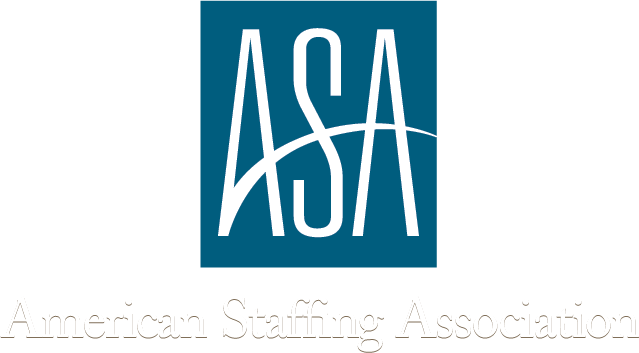In most interviews, you will be asked, “What did you learn at your last job?” It is important to understand that the hiring manager isn’t asking what you did at your last job. Instead, they want to learn how you developed during your time in your previous role and how those lessons could be applied to their job. Here are some tips to follow to help you answer, “What did you learn at your last role?”
Answer With Confidence
Fidgeting and hesitating signals to the interviewer that you have not prepared. You want to answer quickly and with confidence. Even if you have to think for a second, talk while you gather your thoughts rather than letting the silence hang. Fill your “thinking space” with an introduction like, “I learned a lot during my X years at my previous job.”
Avoid Fluff and Filler
Hiring managers can spot fluffy, political answers a mile away. Be clear and precise about what you learned – don’t try to embellish to somehow make it sound loftier. The fact is, every lesson is valuable whether it is a hard or soft skill. You don’t know exactly what the hiring manager is looking for, so always use real lessons and direct language.
Try to Keep It Relevant
While all learning experiences are valuable, you still want to be somewhat strategic in your answer. When possible, try to make it relevant to the job you are applying for. Think about the skills the hiring manager is looking for and tailor your answer towards that. You can also focus on soft skills. For example, “working in a high-pressure environment, I learned the importance of first-time accuracy and meeting deadlines.” Skills like these are always relevant and transferable.
Turn Negatives Into Positives
If you’re leaving your job because the environment is toxic, you hate your boss and you’ve learned nothing, this is going to be a difficult question to answer. However, you can always flip a negative and turn it into a positive.
For example, if your last manager provided you with zero guidance or assistance, you could say you learned to become an independent self-starter and to trust your own ideas and judgment, and then cite an example of a great decision you made or project you completed with zero guidance. Just make sure you do not bash your previous employer, even if your experience has been completely negative.
Are You Ready to Advance Your Career?
If you are a tech engineer seeking new opportunities to grow your career and you’re ready to work with a professional recruiter, contact the Atlanta recruiting experts at Selectek today.

